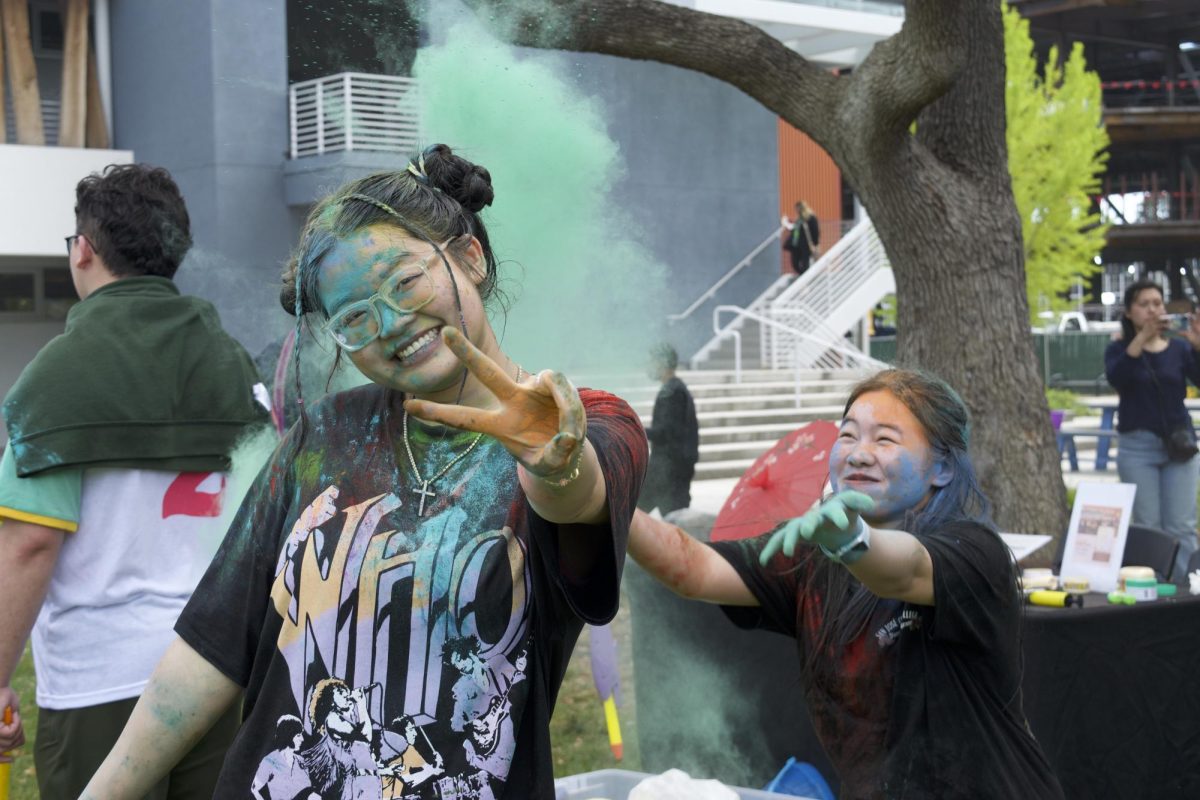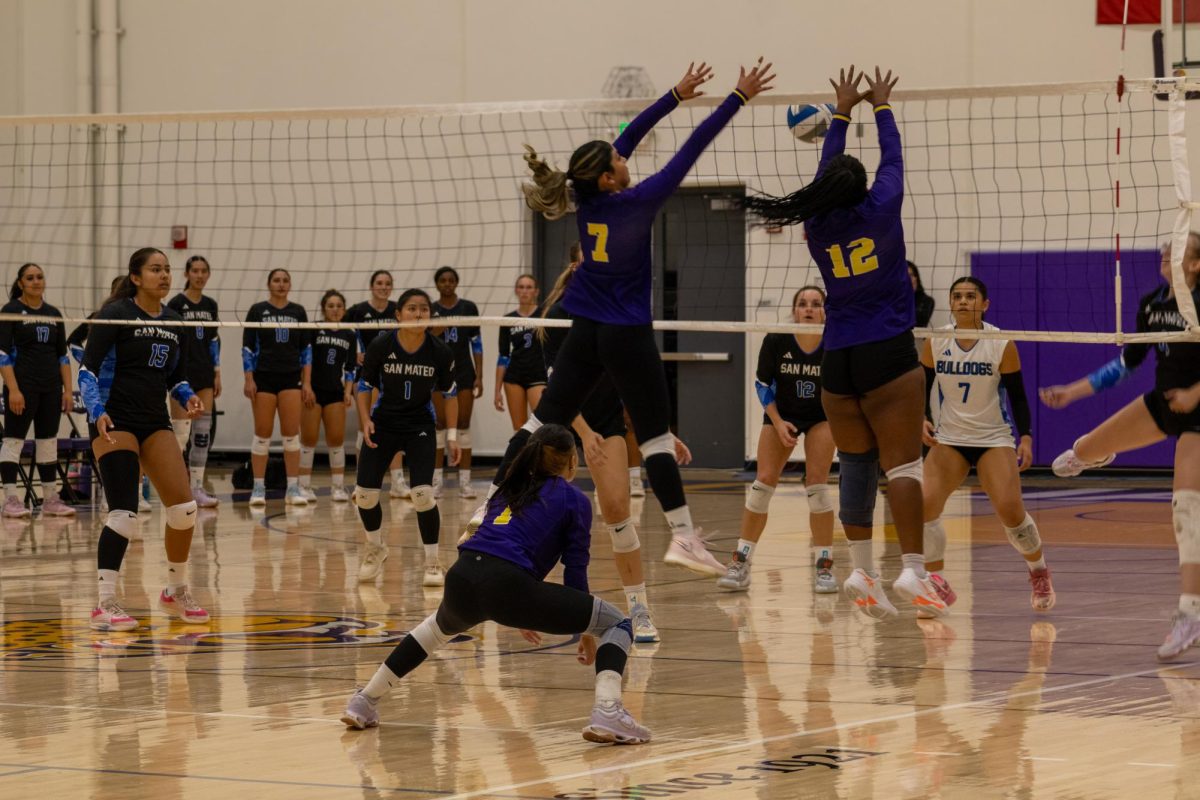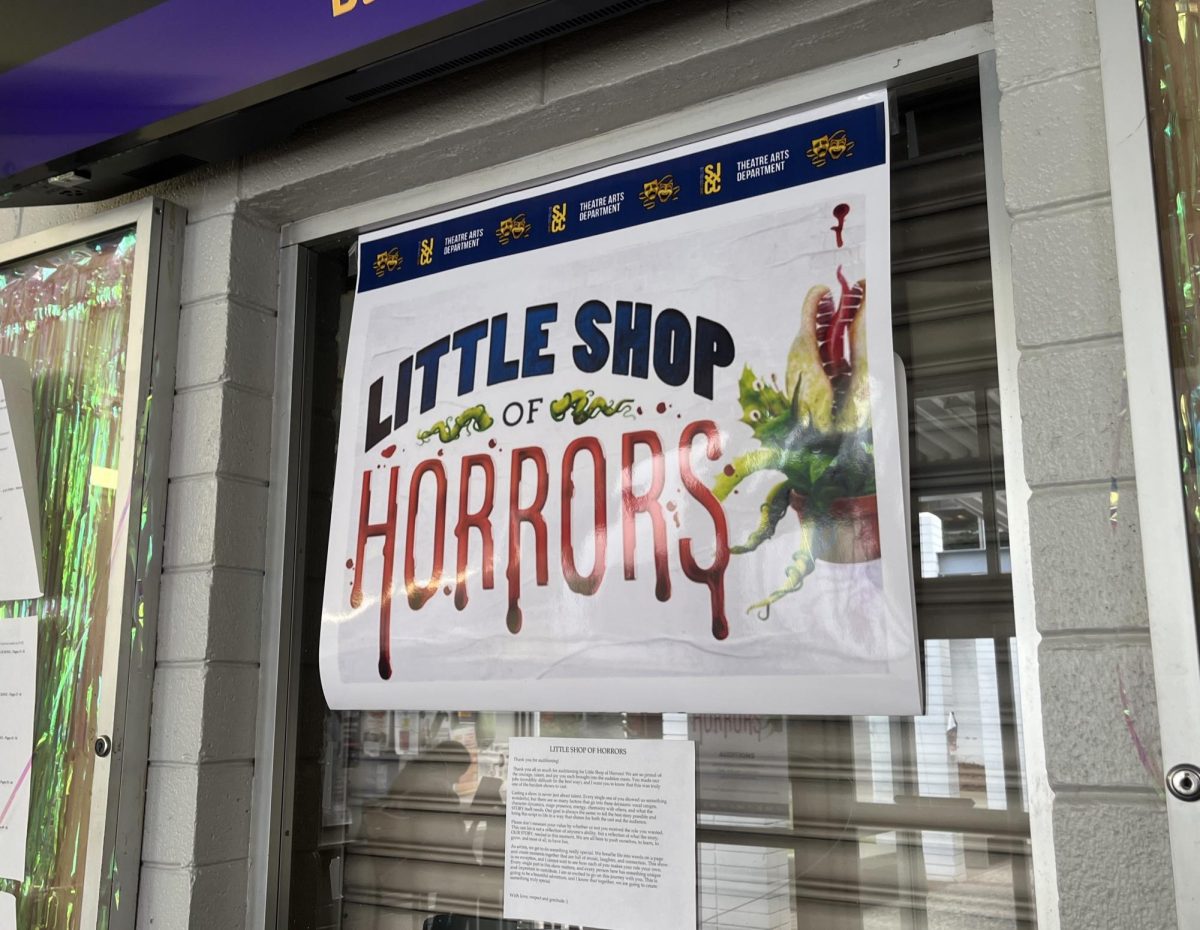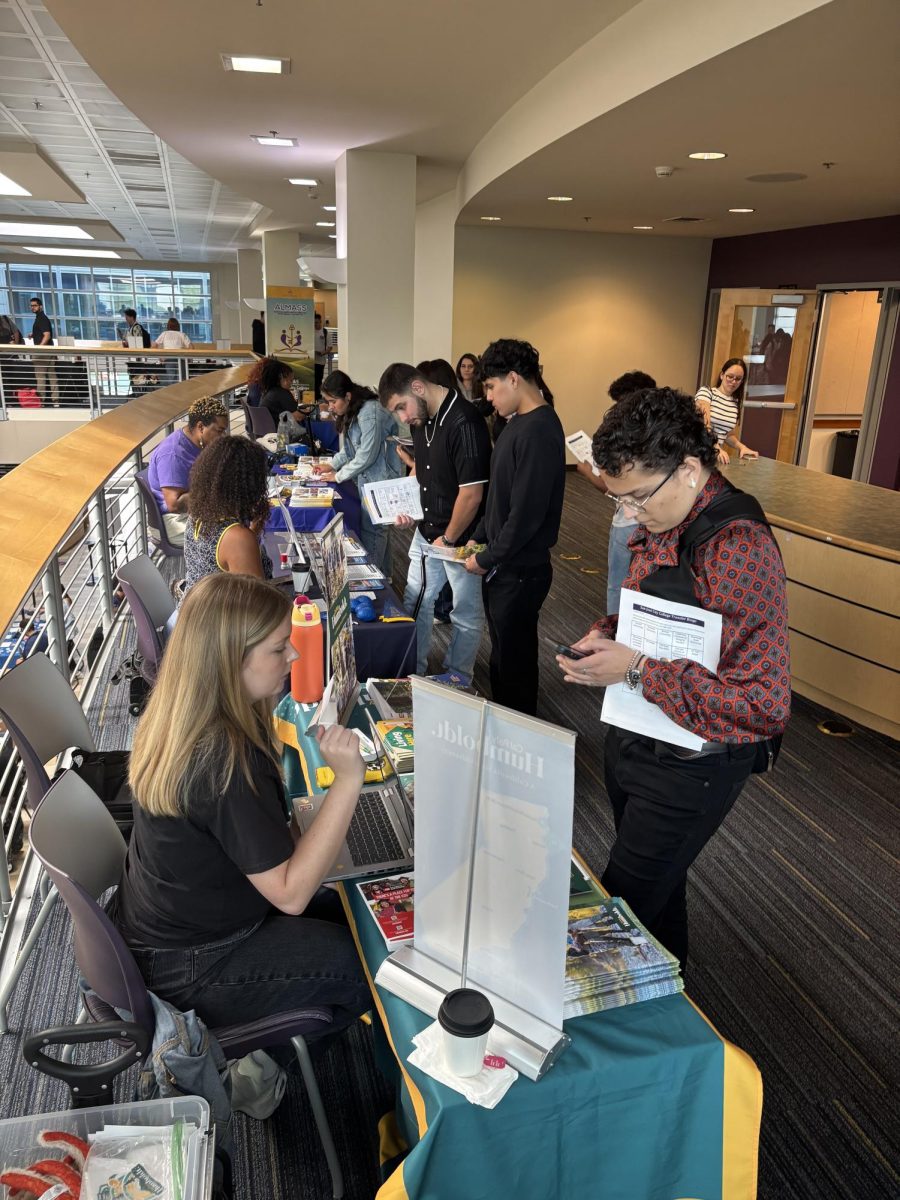Multicolor powder flies through the air. Shrieks of laughter ring out as students chase each other with water soakers. The Spring Cultural Festival, a combination of Myanmar’s Thingyan and India’s Holi, is in full swing.
SJCC’s network of clubs exist to serve student needs in different ways. Some support networks, while others introduce students to traditions from around the world. The Burmese Student Association and the Salaam Namaste Club, which hosted the festival, are committed to both of these missions.
Who is involved with these clubs, and what benefits do students receive when they join them, though?
The Burmese Student Association, also known as BURSA, provides a community and support group for Burmese students, as well as hands-on experiences for anyone who wishes to learn more about Burmese culture. Founded in spring 2023, the president of the club is Cheue Khant Nyi Nyi, a 19-year-old biology major and international student from Myanmar.
“I felt very lonely for the first semester because I couldn’t find a community, because I left all my family and friends over there [in Myanmar],” Cheue explained. She wanted a support network in her home away from home, and that’s what inspired her to join BURSA. Eventually she became president of the club.
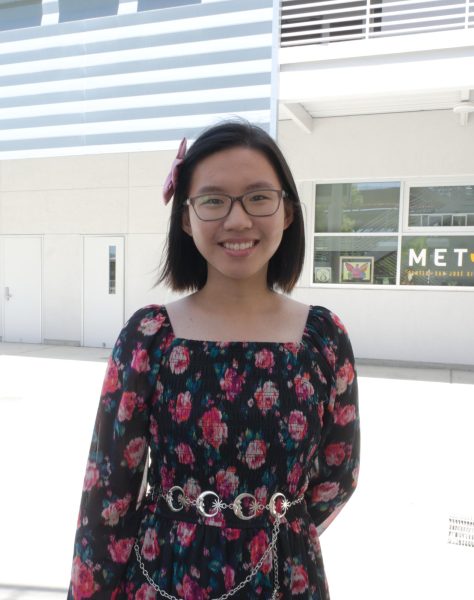
Getting the club off the ground was tricky in the beginning, since none of its members knew how to operate a club, or how to find funding. These issues worked out over time, and BURSA receives most of its funding from the Associated Student Government.
The search for solutions is something Cheue attributes to the support and motivation of the club members. She says that her team and the club have changed her for the better. “Starting a club gave me a community that supports me, and also letting me know that I’m not going through this alone,” she recounts.
One of those dedicated members is Kyi Lin Minn Thant, a 20 year old public health student who immigrated from Myanmar. After being introduced to BURSA through an orientation, he decided to join, and he’s now an officer who creates content for the club.
“When I moved to here, I didn’t really have a lot of Burmese friends,” Kyi said. He wasn’t used to living in an entirely new country, speaking a language which wasn’t his native tongue. Searching for a community led him to join BURSA, and he says that when he’s in the Burmese community, “I feel like I go back to my home sometimes, so it can reduce my homesickness.”
Kyi enjoys how democratic the club is. Though members do debate over ideas during meetings, they’re able to come to a conclusion through a vote. In this vein, he said that, “club members are very friendly, and I think we are cooperative.”
The BURSA club has hosted a couple of events for its students to get to know each other better, such as a movie night and an ice-skating icebreaker. The club is open to Burmese students who seek a community, as well as every student at SJCC who hopes to learn more about Burmese culture. “We are the Burmese student community, but it doesn’t mean that it is only for Burmese students. Students of any race, any color, are more than welcome to join our own club,” Kyi is sure to specify.
The Salaam Namaste club, formed last semester, aims to introduce SJCC students to Indian celebrations and cuisine. “I was really keen in having my culture be promoted and displayed, and having the students get the knowledge of how the culture is,” Priyam Tated, president of the Salaam Namaste club, explained.
Priyam, a 20 year old majoring in computer science, started the club with a group of friends after he noticed a lack of consciousness surrounding Indian cuisines and culture. The club had several members in the beginning, but progress was slow because of attendance issues. “Not enough members could come at times at the initial stages,” he explains, adding that not everyone is able to give equal amount of time to the club due to academic priorities.
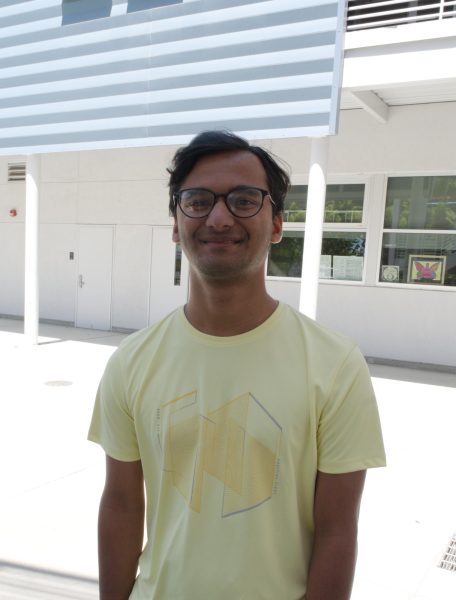
This issue mitigated itself as members settled into the club and got to know each other. Nowadays, the Salaam Namaste club has 21 members. They have hosted two major events this academic year: a Diwali festival in November, and the Holi portion of the Spring Cultural Festival in April.
Priyam says Salam Namaste helped with his ability to lead. “Obviously it did reform my leadership skills. I have gained so much learning, so many leadership skills,” he said. In the upcoming academic year, Priyam will take on another leadership position: President of the Associated Student Government.
Members of BURSA and Salaam Namaste explain that students who join these clubs will meet friendly support circles and people who are dedicated to sharing their culture and traditions. They are headed by people who have experience in leadership and who are also in touch with students around the campus, not just in their own clubs.

